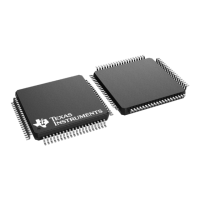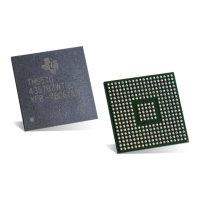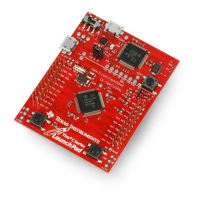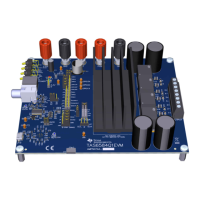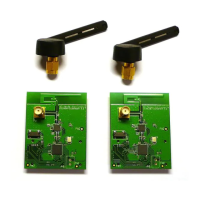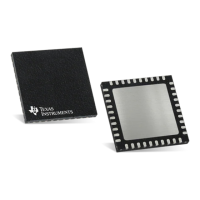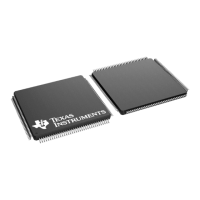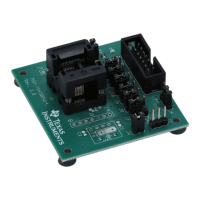Principles of Operation
Data messages transmitted are identifier based, not
address based
Content of message is labeled by an identifier that is
unique throughout the network
(e.g. rpm, temperature, position, pressure, etc.)
All nodes on network receive the message and each
performs an acceptance test on the identifier
If message is relevant, it is processed (received);
otherwise it is ignored
Unique identifier also determines the priority of the
message
(lower the numerical value of the identifier, the higher the
priority)
When two or more nodes attempt to transmit at the
same time, a non-destructive arbitration technique
guarantees messages are sent in order of priority
and no messages are lost
Non-Destructive Bitwise Arbitration
Bus arbitration resolved via arbitration with
wired-AND bus connections
Dominate state (logic 0, bus is high)
Recessive state (logic 1, bus is low)
Node A wins
arbitration
CAN Bus
Node A
Node B
Node C
Start
Bit
Node B loses
arbitration
Node C loses
arbitration
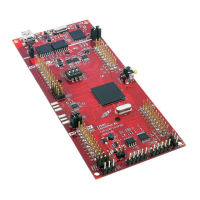
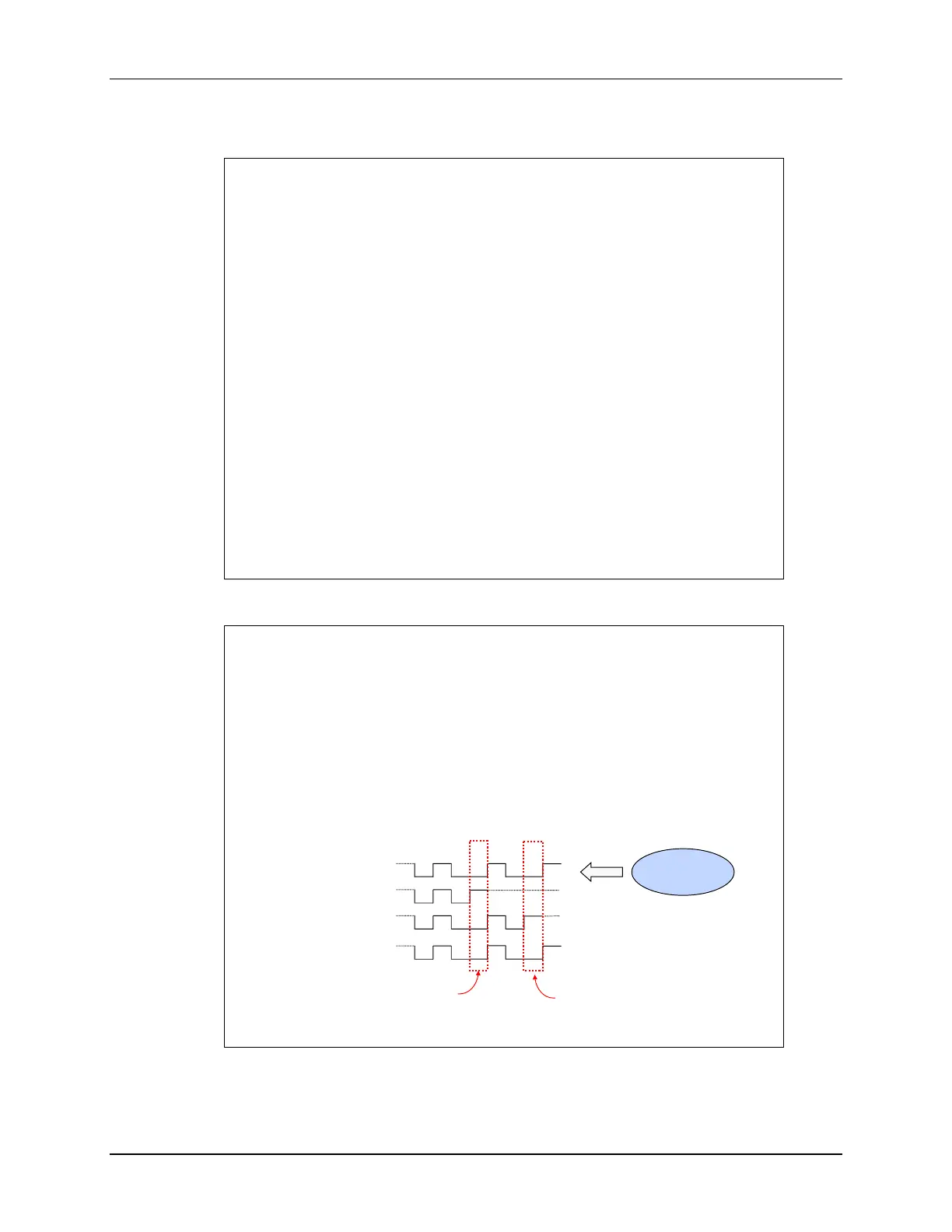